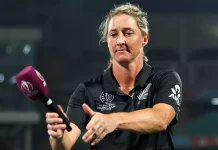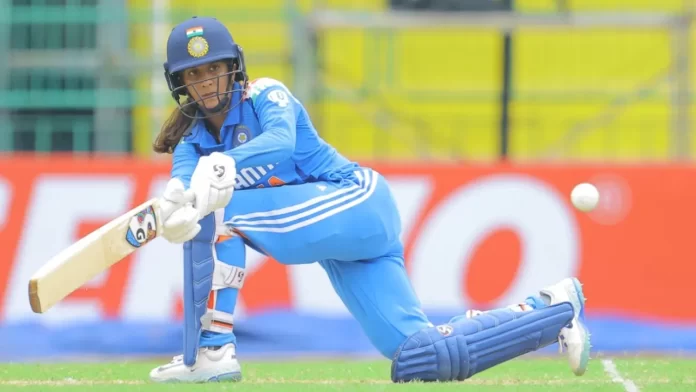Sri Lanka and India won once each in their head-to-head games in the round-robin stage of the tournament
In Sunday’s ODI tri-series final in Colombo, India decided to score runs first and requested Sri Lanka to chase. Six games have been played in the series thus far, with neither team having an advantage. The team batting first has won three of them, while the chasing team has won the other three. Heat and humidity are a big problem for defending teams, especially in the afternoon, but the surfaces have generally been ideal for scoring runs and the outfield is quick. Chamari Athapaththu, the captain of Sri Lanka, was content to be in the field first because of this.
India made a major alteration to their starting lineup by replacing left-arm spinner Shuchi Upadhyay with seamer Kranti Goud, who made his debut. This indicates that all four of the uncapped players on this tour have played for their country. Jemimah Rodrigues, the second-leading hitter in the competition and recent century versus South Africa, was the star of their batting lineup, which remained the same from earlier games.
All-rounder Kavisha Dilhari, who missed Sri Lanka’s previous game against South Africa, was compelled to start without him. Piumi Wathsala was added to the middle order. That was one of two adjustments made from their match against South Africa on Friday. Offspinner Inoshi Priyadharshani was replaced by seasoned left-arm spinner Inoka Ranaweera.
The long-term historical advantage belongs to India. In their 33 completed ODIs against Sri Lanka, they have only suffered three defeats. The hosts will believe they have a reasonable chance because of one of such instances, when Sri Lanka defeated India by chasing 276 a week earlier.















